“Considerations for widespread implementation of blood-based biomarkers of Alzheimer’s disease,”
“Recommendations for clinical implementation of blood-based biomarkers for Alzheimer's disease.”
Published in Alzheimer’s & Dementia
We are thrilled to announce the peer-reviewed publication of two companion manuscripts in the journal Alzheimer’s & Dementia: “Considerations for widespread implementation of blood-based biomarkers of Alzheimer’s disease,” and “Recommendations for clinical implementation of blood-based biomarkers for Alzheimer's disease.”
These new publications released provide a clear roadmap for how to effectively integrate blood tests in clinical practice. Together, these publications represent a major step forward in diagnosing Alzheimer's disease, allowing for a more timely and accurate diagnostic experience for patients.
Several key barriers prevent integration of blood tests into clinical practice, such as a limited understanding of test characteristics, insufficient evidence on performance across diverse populations, and the ethical management of tests. The recommendations published identify actionable solutions to address these barriers and detail a framework for effective implementational pathways.
Read the full publications and key takeaways & watch our video with our Workgroup Leads, Chi Udeh-Momoh and Michelle Mielke.
Key Takeaways from the Publications:
Our key findings include two clinical implementation pathways for Alzheimer's blood tests:
One for use in triaging
One for use in confirming amyloid pathology.
This figure represents a simplified version of the pathway presented in the publication, Recommendations for clinical implementation of blood-based biomarkers for Alzheimer's disease, illustrating where blood tests (red text) can be integrated as triaging tools to support the determination of eligibility for DMT.
This figure represents a simplified version of the pathway presented in the publication, Recommendations for clinical implementation of blood-based biomarkers for Alzheimer's disease, illustrating where AD BBMs tests (red text) can be integrated as confirmatory tools to support the determination of eligibility for DMT
Press and Media
Follow us on social media and share with your network!
Thank you to everyone who contributed to this monumental piece of work
Michelle M. Mielke, Wake Forest University School of Medicine
Matthew Anderson, Atrium Health
J. Wesson Ashford, Stanford University School of Medicine
Andreas Jeromine, ALZpath
Pei-Jung Lin, Tufts Medical Center
Allyson Rosen, Stanford University School of Medicine
Jamie Tyrone, Patient Advocate
Lawren VandeVrede, University of California, San Francisco
Deanna Willis, Indiana University School of Medicine
Oskar Hansson, Lund University
Ara S. Khachaturian, Campaign to Prevent Alzheimer's Disease
Suzanne E. Schindler, Washington University School of Medicine
Joan Weiss,, U.S. Department of Health & Human Services
Richard Batrla, Eisai
Sasha Bozeat, Roche
John R. Dwyer, Global Alzheimer's Platform Foundation
Drew Holzapfel, Global CEO Initiative on Alzheimer’s Disease
Daryl Rhys Jones, Eisai
James F. Murray, Davos Alzheimer’s Collaborative
Katherine A. Partrick, Global CEO Initiative on Alzheimer’s Disease
Emily Scholler, Global CEO Initiative on Alzheimer’s Disease
George Vradenburg, Global CEO Initiative on Alzheimer’s Disease
Dylan Young, Guidehouse
Joel B. Braunstein, C2N Diagnostics
Samantha C. Burnham, Eli Lilly & Company
Fabricio Ferreira de Oliveira, Federal University of São Paulo
Yan Helen Hu, Eisai
Soeren Mattke, University of Southern California
Zul Merali, Brain and Mind Institute
Mark Monane, C2N Diagnostics
Marwan Noel Sabbagh, Barrow Neurological Institute
Eli Shobin, Biogen
Michael W. Weiner, University of California, San Francisco
Chinedu T. Udeh-Momoh, Wake Forest University School of Medicine


